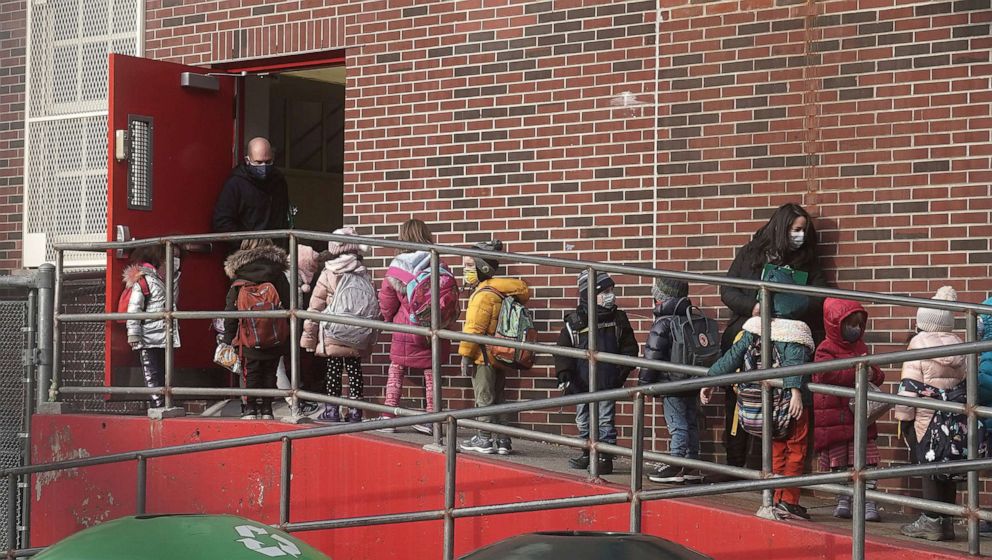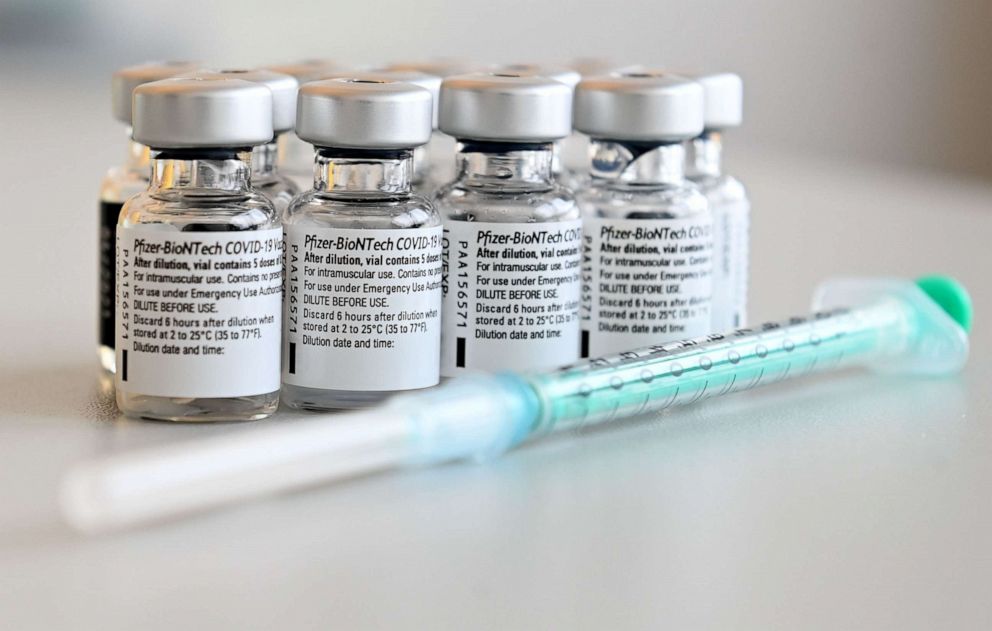New record number of cases among kids in US
The American Academy of Pediatrics and the Children’s Hospital Association found over 211,000 new cases of COVID-19 among kids in the United States last week -- the highest amount since the pandemic began, according to a newly released report.
About 2.5 million children have tested positive since the pandemic started. From Dec. 31 to Jan. 14, there was an 18% jump in cases among children.

Severe illness due to COVID-19 remains rare among kids. Between 0.2% and 2.8% of all child COVID-19 cases have resulted in hospitalization, and children account for 0.00% to 0.17% of all COVID-19 deaths.
But the American Academy of Pediatrics and the Children’s Hospital Association warn that there’s an urgent need to collect more data on longer-term impacts of the pandemic on children, including ways the virus may harm their long-term physical health as well as their emotional and mental health.
ABC News’ Arielle Mitropolous contributed to this report.





